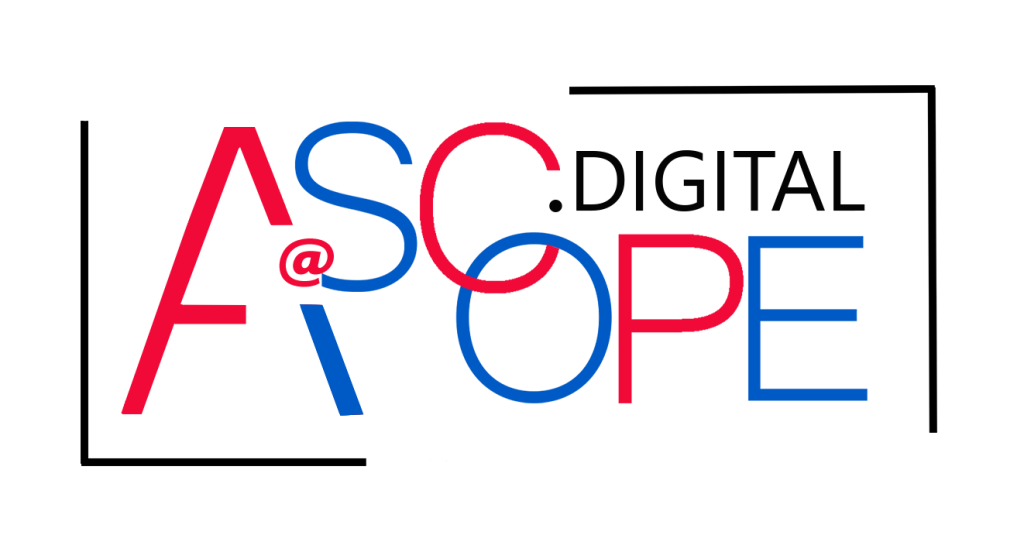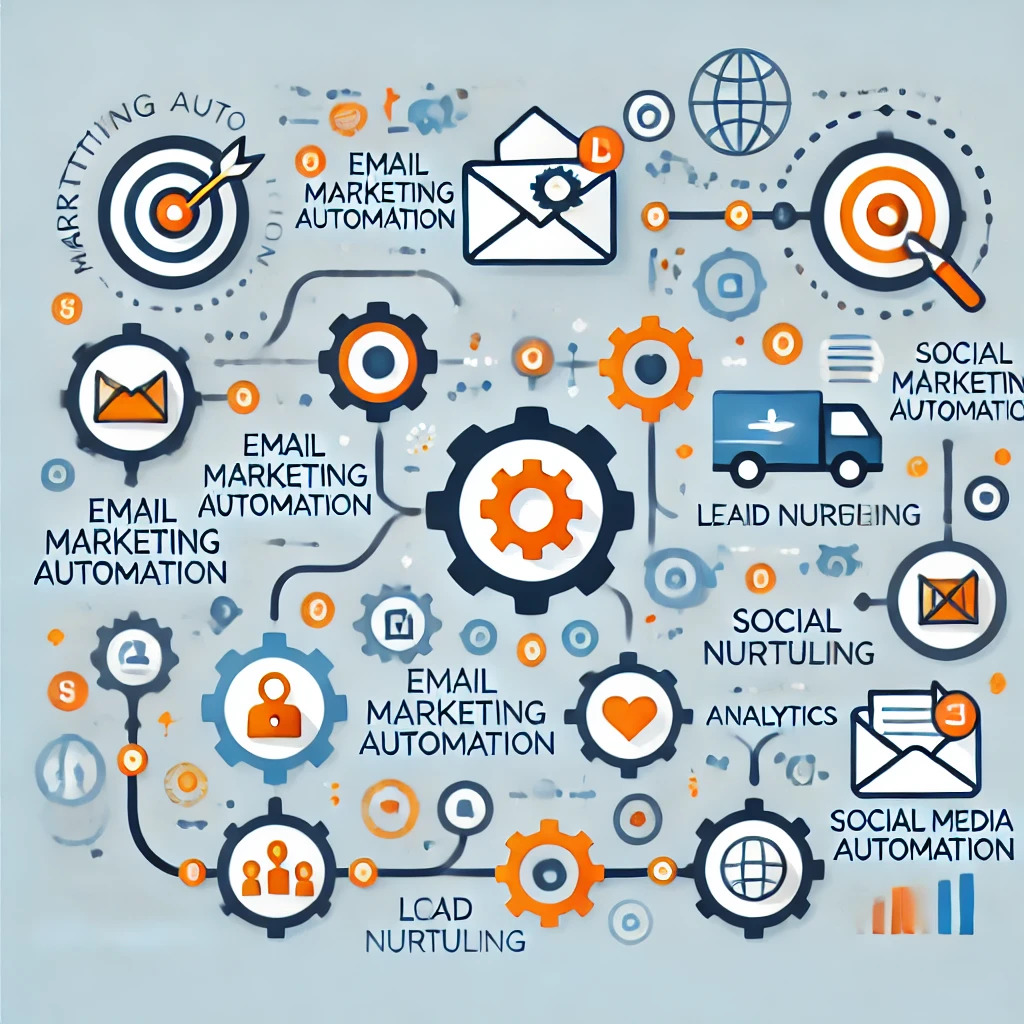
Marketing automation has become a cornerstone of modern digital marketing strategies, enabling businesses to streamline processes, enhance personalization, and drive efficiency. By automating repetitive tasks such as email marketing, lead nurturing, and social media management, marketing automation allows businesses to focus on higher-level strategies while maintaining personalized communication at scale. In this article, we will explore the key components of marketing automation and how it empowers businesses to optimize their marketing efforts, improve customer engagement, and achieve better results.
Understanding Marketing Automation: Definition and Key Components
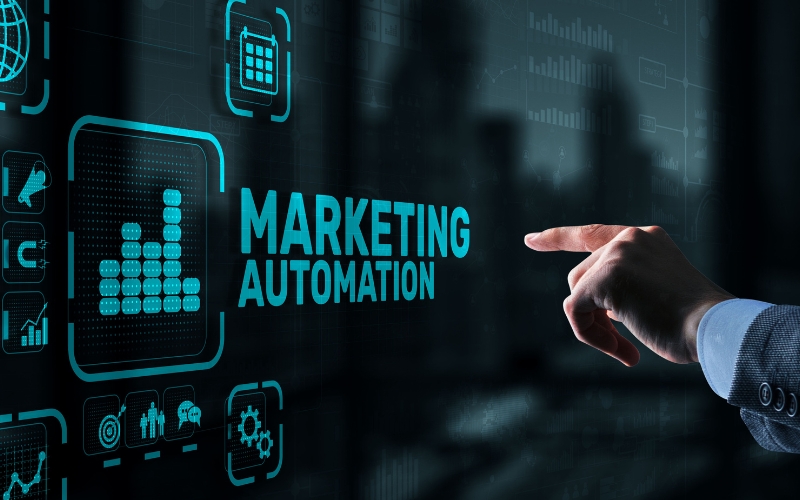
Marketing automation refers to the use of software and tools to automate repetitive marketing tasks and processes, enabling businesses to streamline their marketing efforts. It allows companies to deliver personalized and targeted messages to their audience at scale, without the need for manual intervention. By automating key processes such as email marketing, lead nurturing, and social media management, marketing automation saves time and improves efficiency, allowing marketers to focus on strategy and creativity.
At its core, marketing automation integrates several key components that work together to optimize the customer journey and improve marketing outcomes. These components typically include:
- Email Marketing Automation
One of the most widely used aspects of marketing automation is email marketing. It enables businesses to send personalized, timely, and relevant emails to their customers and prospects based on specific actions, behaviors, or demographic data. Through automated email campaigns, businesses can nurture leads, welcome new subscribers, or re-engage inactive customers, all without having to send individual emails manually. - Lead Scoring and Nurturing
Marketing automation tools often include lead scoring features, which help businesses identify and prioritize the most promising leads. By tracking user behavior, interactions, and engagement, marketing automation systems assign scores to leads, indicating their likelihood of converting into paying customers. This enables marketers to focus their efforts on high-potential leads and nurture them with tailored content that moves them further along the sales funnel. - Social Media Automation
Social media platforms are a critical part of any digital marketing strategy. Marketing automation allows businesses to schedule posts, manage multiple accounts, and engage with their audience in a consistent and timely manner. By automating social media activities, brands can maintain a regular presence, post at optimal times, and engage with followers more efficiently. - Analytics and Reporting
One of the key benefits of marketing automation is the ability to measure and analyze campaign performance in real-time. Marketing automation tools provide valuable insights into customer behavior, engagement, and conversion rates, allowing businesses to track their return on investment (ROI) more effectively. This data-driven approach helps marketers make informed decisions, optimize strategies, and improve overall marketing effectiveness.
Enhancing Efficiency and Streamlining Marketing Campaigns
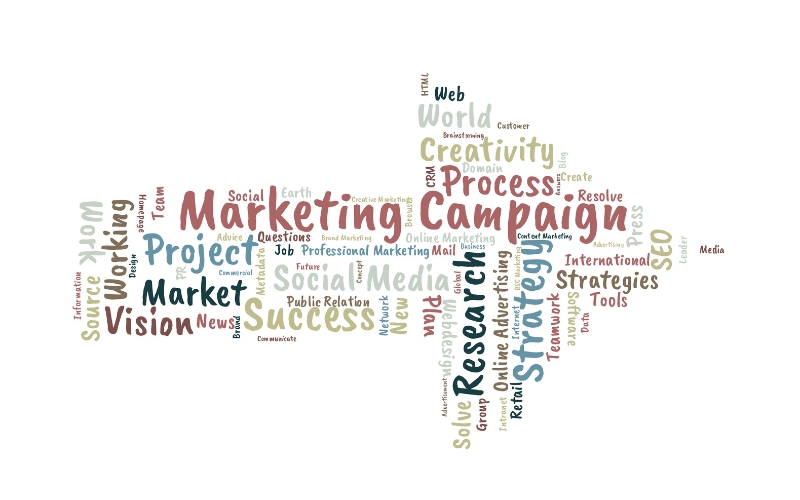
Marketing automation has revolutionized the way businesses approach digital marketing by significantly enhancing efficiency and streamlining campaign processes. By automating repetitive and time-consuming tasks, marketing automation allows marketers to focus on more strategic and creative aspects of their campaigns, ultimately driving better results.
One of the most significant benefits of marketing automation is its ability to reduce manual work. Traditional marketing methods often involve manually sending emails, posting content on social media, and following up with leads. This process is not only labor-intensive but also prone to human error and inefficiencies. Marketing automation tools solve this problem by automating these tasks, ensuring that they are executed with precision and consistency. For example, automated email campaigns allow businesses to send personalized emails to large audiences without having to craft individual messages for every recipient. This level of automation ensures that emails are sent on time and tailored to the specific needs and behaviors of each recipient, maximizing engagement and conversion rates.
Additionally, marketing automation helps businesses manage and nurture leads more effectively. In the past, marketers would manually track and follow up with potential customers, often resulting in missed opportunities or delayed responses. With marketing automation, businesses can set up automated workflows that nurture leads at each stage of the buyer’s journey, sending relevant content and reminders based on user interactions. This helps maintain consistent communication and guides leads toward making a purchase decision, all while freeing up valuable time for marketers to focus on high-level strategy and innovation.
Social media is another area where marketing automation has a profound impact. Scheduling posts, tracking engagement, and responding to comments across multiple platforms can be overwhelming without automation. Marketing automation tools enable businesses to schedule posts in advance, ensuring that content is consistently shared at optimal times. Furthermore, automated social media management tools can track interactions, allowing businesses to engage with their audience promptly, without the need for constant monitoring.
Personalization at Scale: Delivering Tailored Experiences to Consumers

One of the most powerful advantages of marketing automation is its ability to provide personalized marketing efforts at scale. In today’s highly competitive digital landscape, consumers expect tailored experiences that meet their unique preferences and needs. Marketing automation empowers businesses to deliver these personalized experiences, even when interacting with large audiences, ultimately driving better customer engagement and conversion rates.
Marketing automation allows businesses to segment their audience based on a variety of factors, including demographic information, behaviors, and interests. With this data, companies can craft targeted messages that resonate with specific segments, ensuring that the right content reaches the right people at the right time. For example, an e-commerce store can use marketing automation to send personalized email campaigns featuring product recommendations based on a customer’s browsing history or previous purchases. This level of personalization makes the customer feel valued and understood, which can significantly enhance their shopping experience and increase the likelihood of conversion.
Beyond email marketing, marketing automation can personalize other aspects of digital marketing efforts, such as website content and product recommendations. With automated tools, businesses can create dynamic website content that changes based on a visitor’s behavior, location, or interests. For instance, if a user visits a website multiple times to view a particular category of products, marketing automation can trigger a tailored message or offer related to that category, keeping the customer engaged and more likely to make a purchase.
Marketing automation also enables businesses to create customer journeys that are personalized and automated. For instance, a lead who subscribes to a newsletter can be automatically added to a nurturing workflow, receiving personalized content over time. As the lead progresses through different stages of the buyer’s journey, the marketing automation system can adjust the content and messaging, ensuring it is relevant to their current needs and interests. This seamless flow of personalized communication helps maintain engagement, ultimately guiding customers toward making a purchase or taking the desired action.
Improving Customer Engagement and Retention
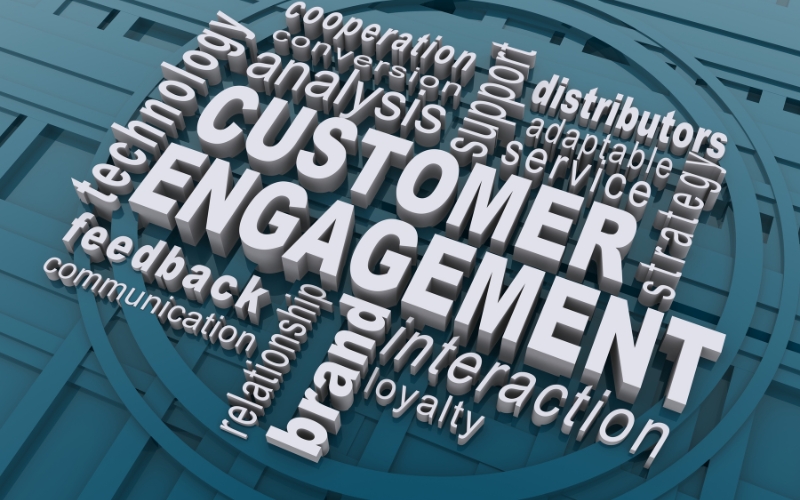
In today’s competitive market, maintaining strong relationships with customers is crucial to business success. Marketing automation plays a pivotal role in improving customer engagement and retention by enabling businesses to stay in constant contact with their customers and provide personalized, timely content that keeps them coming back.
One of the key benefits of marketing automation is its ability to nurture relationships over time through automated, yet personalized communication. Rather than relying on manual follow-ups or one-off campaigns, marketing automation allows businesses to send targeted content that aligns with each customer’s interests, behavior, and stage in the customer journey. For example, a customer who recently made a purchase can receive a series of automated emails with relevant product recommendations, instructional content, or loyalty program offers. This helps maintain engagement and ensures that customers feel valued, which ultimately leads to higher retention rates.
Marketing automation also enhances engagement by delivering content that is relevant and timely. By tracking customer behavior—such as website visits, email opens, or interactions with social media—marketing automation tools can trigger automated responses based on specific actions. For instance, if a customer abandons their shopping cart, an automated reminder email can be sent, encouraging them to complete the purchase. These timely follow-ups help businesses stay on top of customer needs, increasing the chances of conversion and reducing the likelihood of customers slipping through the cracks.
Additionally, marketing automation supports effective segmentation, which enables businesses to tailor their communication to different customer groups. By dividing customers into specific segments based on factors such as purchasing history, preferences, or engagement levels, businesses can create more targeted and relevant marketing campaigns. This level of personalization improves customer satisfaction, as individuals receive content and offers that directly address their needs and interests, fostering stronger relationships and building brand loyalty.
Another aspect of customer engagement and retention through marketing automation is the ability to gather and analyze customer data in real-time. This data allows businesses to track the effectiveness of their marketing campaigns, identify trends, and adjust strategies accordingly. By continually optimizing campaigns based on performance metrics, businesses can ensure they are providing the most engaging and relevant content, which further drives retention.
Measuring Success: How Marketing Automation Improves Analytics and ROI

In today’s data-driven marketing landscape, measuring success is crucial for optimizing strategies and improving return on investment (ROI). Marketing automation plays a vital role in this process by offering businesses the tools to track key performance metrics, analyze data in real-time, and adjust campaigns for maximum efficiency. By leveraging marketing automation, companies can better understand customer behavior, evaluate their marketing efforts, and ultimately improve ROI.
One of the primary advantages of marketing automation is its ability to track and measure a wide range of key performance indicators (KPIs). Whether it’s email open rates, click-through rates, conversion rates, or lead generation metrics, marketing automation tools provide businesses with in-depth analytics that can help them gauge the effectiveness of their campaigns. These insights allow marketers to assess which strategies are working and which need adjustment, ensuring that marketing efforts are aligned with business goals.
In addition to tracking basic metrics, automation helps businesses analyze more complex data, such as customer behaviors and interactions across various touchpoints. For example, by integrating data from different marketing channels—email, social media, paid ads, and website interactions—businesses can gain a comprehensive view of how customers engage with their brand. This unified data enables marketers to identify patterns and trends, offering a deeper understanding of customer preferences and behaviors. With these insights, businesses can craft more targeted and relevant marketing strategies, driving better engagement and conversion rates.
Another way automation improves ROI is by allowing businesses to continuously optimize their campaigns. With the real-time data provided by automation tools, marketers can adjust their strategies on the fly. For instance, if a particular email subject line isn’t performing well, automated A/B testing can be used to test different variations and identify the most effective one. Similarly, marketing automation enables businesses to segment their audience and tailor content specifically to different customer groups, ensuring that each segment receives the most relevant and personalized messaging. This level of optimization ensures that marketing resources are used more efficiently, reducing waste and improving overall ROI.
Finally, marketing automation’s ability to streamline lead nurturing and conversion tracking helps businesses achieve a higher ROI. By automating follow-up emails, reminders, and personalized offers, businesses can move leads through the sales funnel more effectively, improving the chances of conversion and increasing lifetime customer value.
Conclusion
Marketing automation has proven to be a game-changer in optimizing digital marketing strategies. By automating repetitive tasks, businesses can not only enhance efficiency but also deliver more personalized customer experiences. For businesses looking to explore the broader potential of marketing automation, resources such as HubSpot’s comprehensive guide on Marketing Automation can provide valuable insights and strategies to effectively implement automation tools into your marketing efforts.
In conclusion, marketing automation is a transformative tool that helps businesses enhance their marketing effectiveness by automating essential tasks and processes. From personalizing customer journeys to improving lead nurturing and tracking campaign performance, marketing automation allows businesses to engage their audiences more efficiently and drive better results. By leveraging the power of marketing automation, companies can not only save time and resources but also foster stronger customer relationships, ultimately increasing ROI and achieving sustainable business growth.
For more details or to discuss your specific Digital Marketing requirements, visit our AI Scope Digital page.
